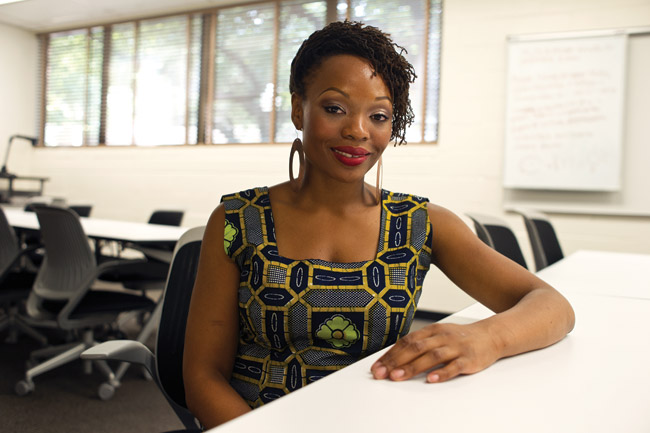ABC
Unlocking the Code to Equity in Education
Assistant Professor examines how to improve African-American students' educational experiences

Ifeoma Amah
Despite decades of research, new national policies, and practical interventions to address the problem, African-American students in the United States continue to struggle for educational access and equity.
That struggle is most evident here in Texas. The state educates the largest number of African-American students at the K-12 level in the nation. Yet in various school districts, black youth are disproportionately overrepresented in the areas of special education placement and school discipline, and are ranked low in key academic indicators such as testing and college enrollment.
Ifeoma Amah, assistant professor of educational leadership and policy studies, is working with several school districts and communities on this critical issue. She is conducting interviews with educational and community leaders, engaging in observations of school and community initiatives, and collecting other data sources to provide a comprehensive analysis of the successes, challenges, and recommendations for improving African-American students’ educational outcomes and life chances.
“Although conditions have somewhat improved since the 1960s, we must still explore the racial and social inequities that continue to impact marginalized students within the K-12 context,” Dr. Amah says. “We also have to look at what is working and see if it can be replicated in other districts, schools, and communities.”

















